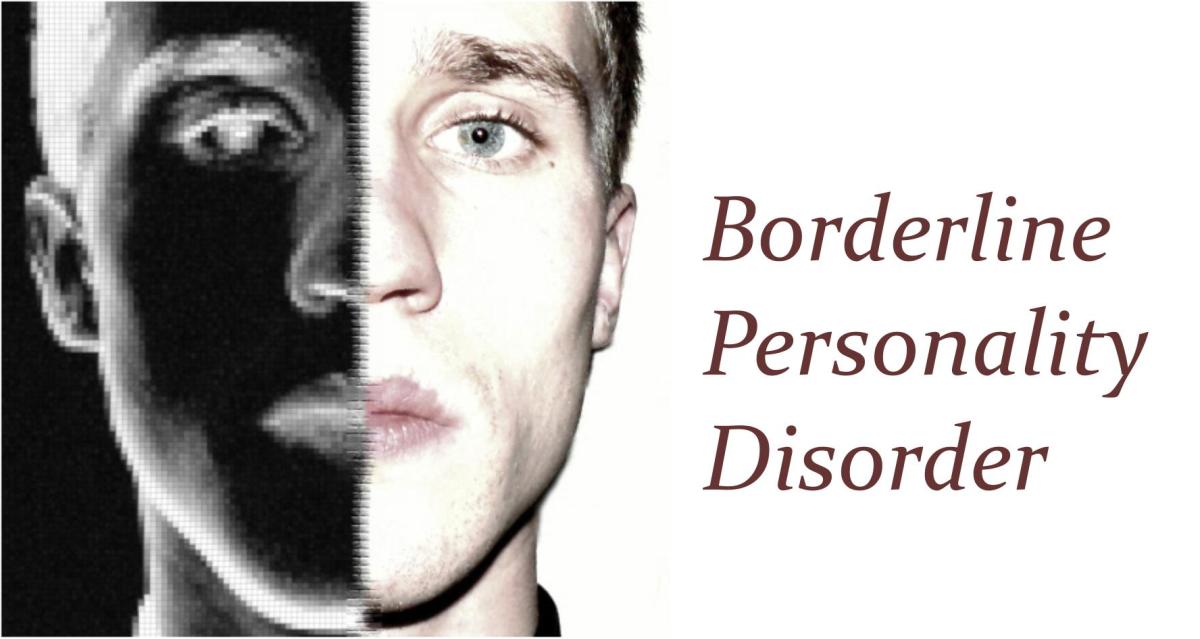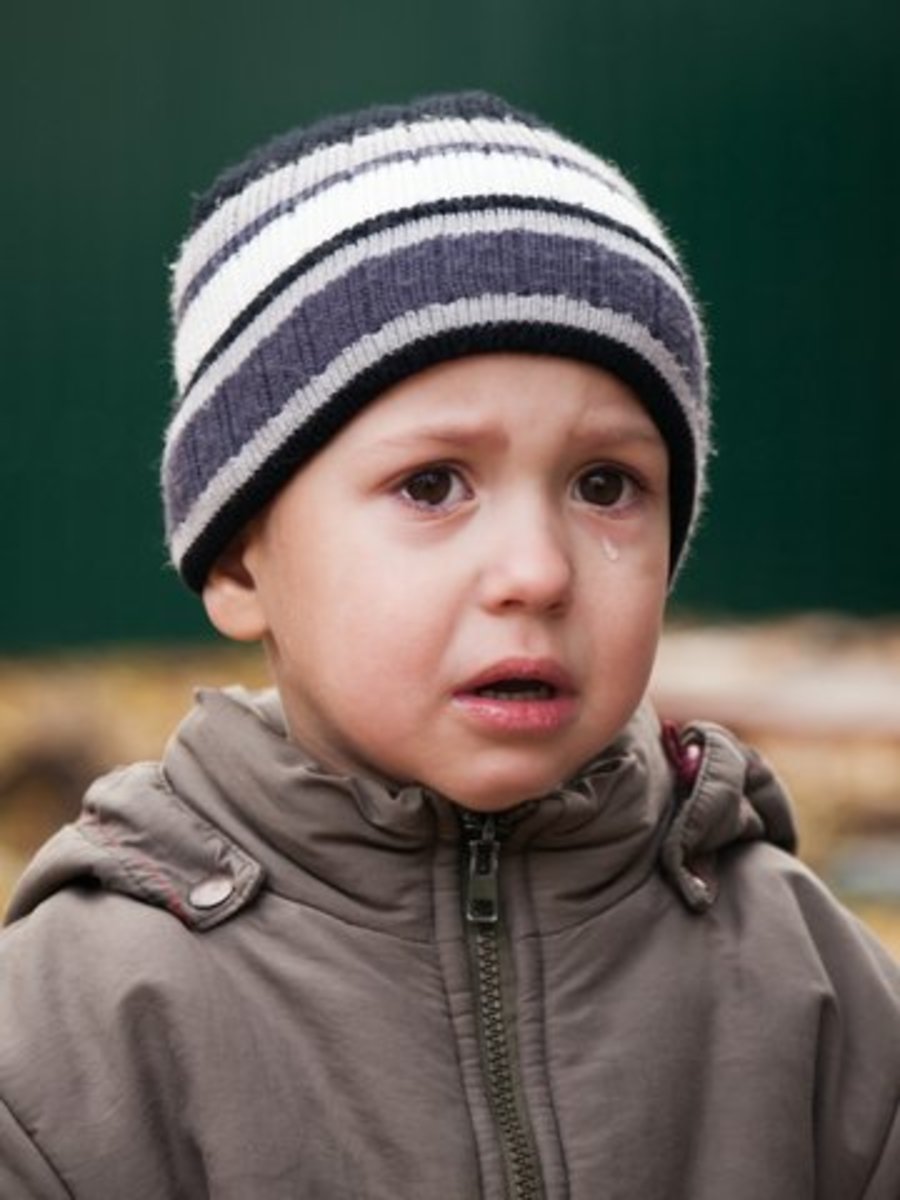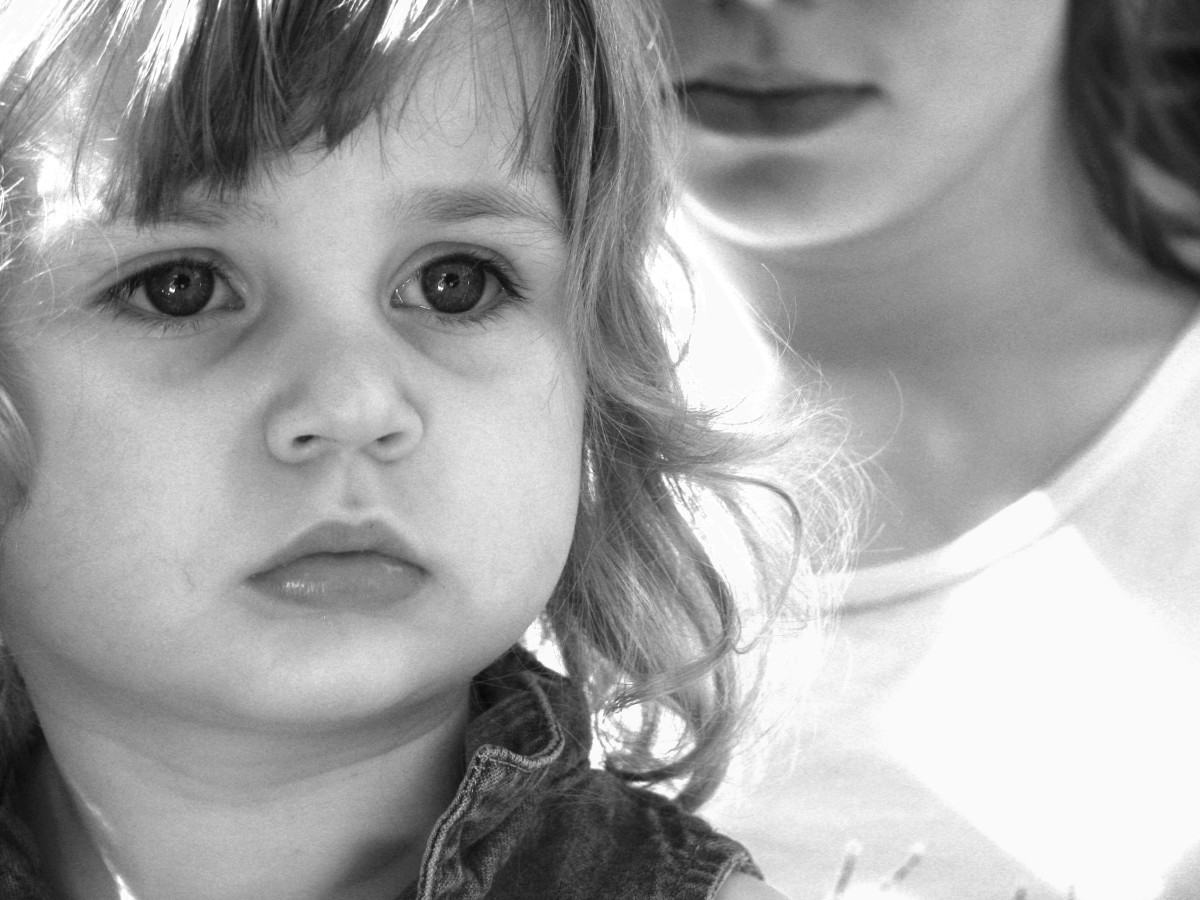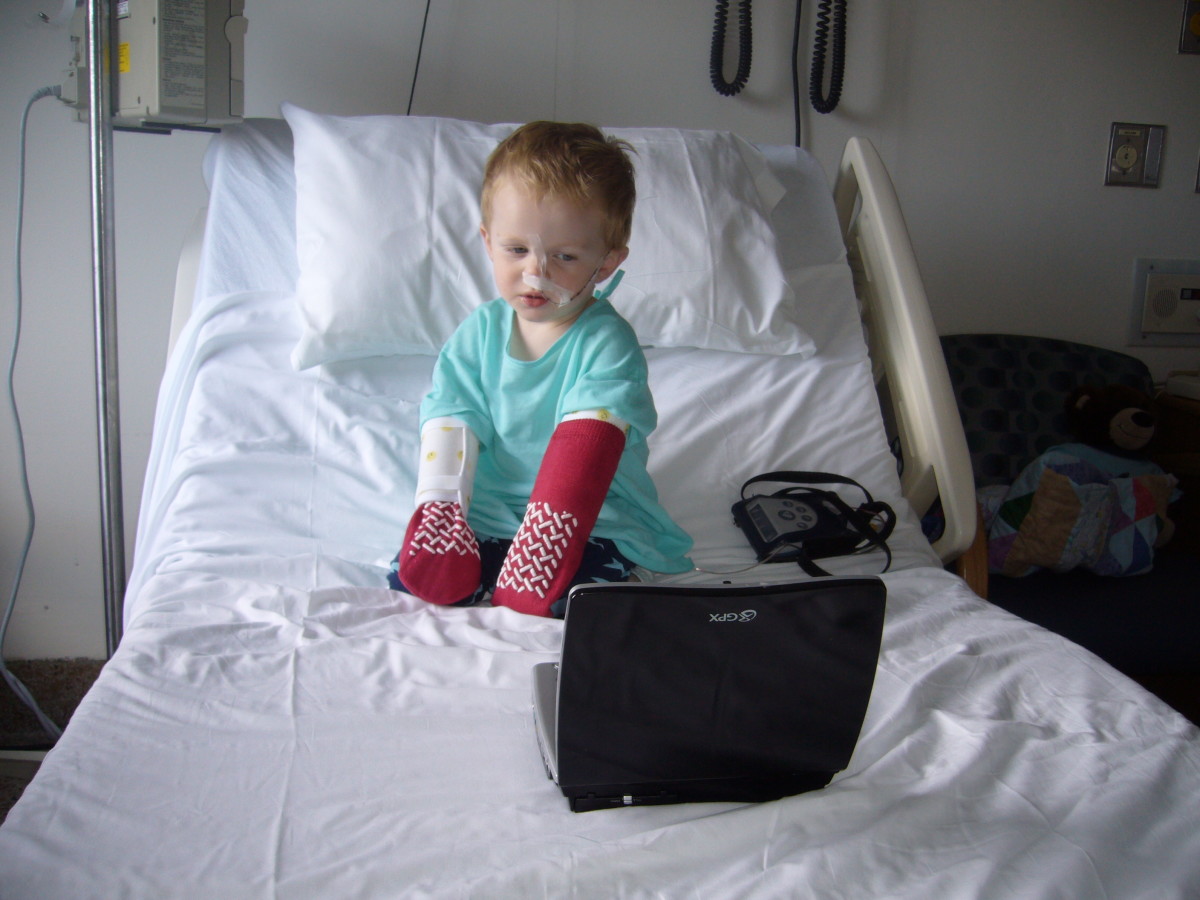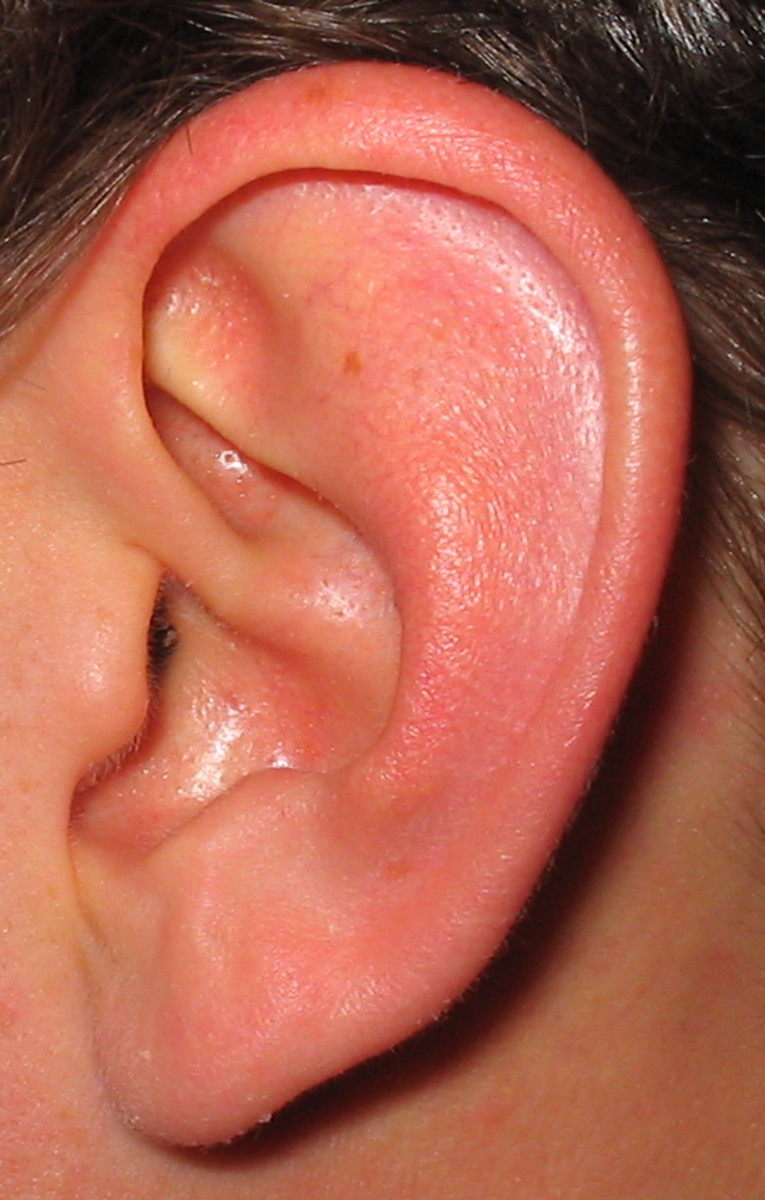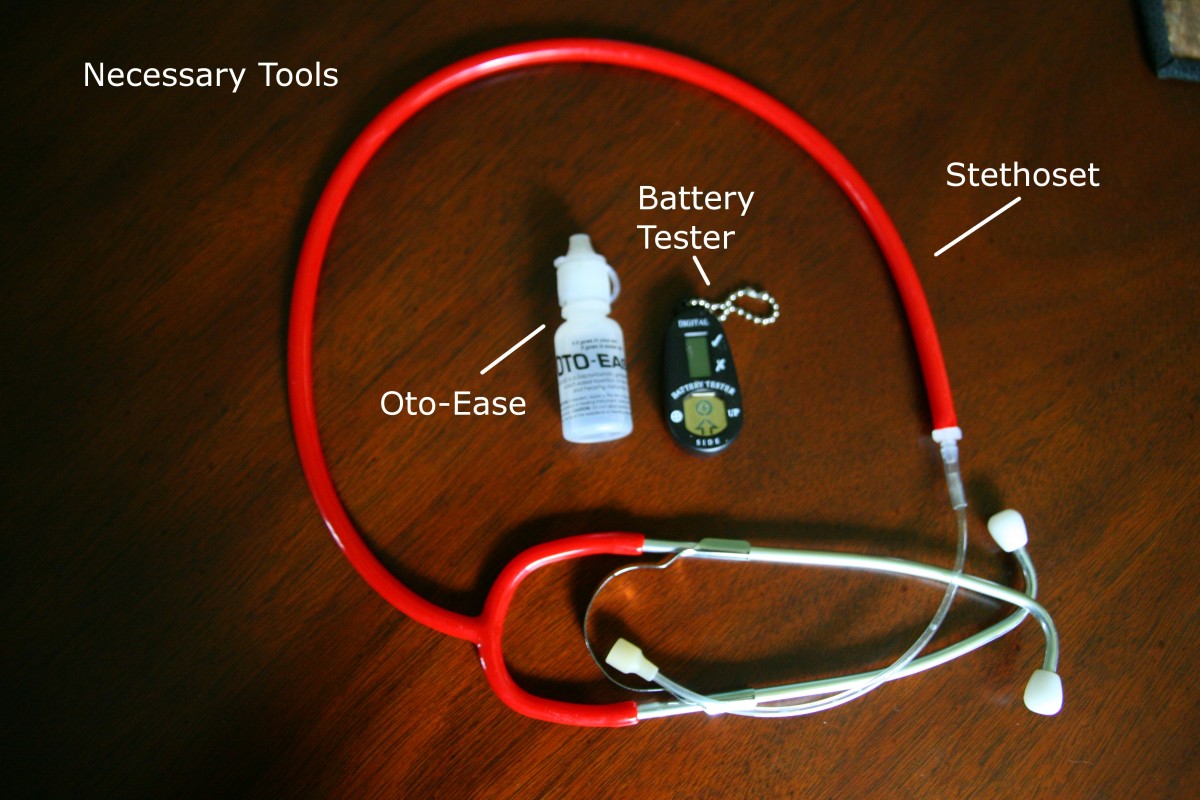Conduct Disorder In Children
No Regard For The Rights Of Others
Conduct Disorder
He had bright blue eyes and blond curly hair. I asked him why he was in the hospital and he looked up at me with such an innocent expression on his face. He said, "I tried to kill my mother". Then he asked me if I would hold his hand until he fell asleep. He was six years old. Conduct Disorder is a personality disorder in children and adolescents characterized by an inability or an unwillingness to conform to society norms. Some of the more specific behavior includes aggression to people and animals, vandalism, lying, stealing, poor impulse control and anger management problems. The younger the child is when this disorder manifests itself, the poorer the prognosis. Children with conduct disorder often run away, ignore parental and school rules and have problems with school attendance. In addition, a child with this condition will show little or no remorse or guilt for his actions, no empathy for others, and they often have no understanding of the pain that their behavior causes in others. Although there is some disagreement among researchers, most consider conduct disorder to be the predecessor to adult anti-social behavior. In fact, one must be at least 18 years of age to be diagnosed as anti-social. Approximately, 6% of children have some form of conduct disorder. Many children with conduct disorder also have exhibited the "McDonald triad", three behaviors consisting of animal cruelty, fire setting, and bed wetting.

A Child's View Of Conduct Disorder
Causes
The exact cause of conduct disorder is unknown, but it is believed to be a combination of environment and genetics. Some factors that may play a part are brain damage, usually from an injury, childhood abuse, traumatic life experiences and poor environmental influences. Children who have had a frontal lobe injury may develop conduct disorder. The frontal lobe is responsible for impulse control and reasoning, among others. Children with conduct disorder have very poor impulse control and often act out before thinking of the consequences. They also may have anger management problems and may lash out at any convenient target.
Other possible causes are physical or sexual abuse at a very young age and traumatic life experiences. They learn to distance themselves from their feelings in order to protect themselves and as a result may seem cold and remorseless later in life. Children from highly dysfunctional families are at a higher risk to develop conduct disorder. Children live what they learn, if they are not treated with kindness and respect, they usually won't know how to treat others right. While most children and adolescents are naturally self centered, children with conduct disorder are self centered to the point of having little empathy and no remorse. Many of these children are in and out of the juvenile justice system at an early age and some of them are very dangerous.
Treatment
Treatment for conduct disorder is usually a combination of behavioral and cognitive therapy. If a child is reached early enough, he may be taught to control his impulses enough to function in the adult world. Often, once the conduct disorder is diagnosed, the damage to the child has been done and treatment is geared to functionality rather than a cure. If the child has been exhibiting the McDonald triad, intervention is crucial. If not, the child has a high risk of becoming an adult with an anti-social personality. Sometimes inpatient treatment is necessary to evaluate and diagnose conduct disorder. In addition, the child may be suffering from clinical depression and other underlying illnesses and these must be addressed as well. Most states have resources for low income families and those children that do not have familial support.
Childhood Disorders
- The Importance Of Mother-Infant Bonding To A Child's Emotional Health
The neurological and physiological development of the human infant is complex and extraordinary. They are equipped with numerous reflexes geared to survival outside of the womb, and there is evidence of... - Conduct Disorder - A Precursor to Borderline or Antisocial Personality Disorder?
CD (Conduct Disorder) and ODD (Oppositional Defiant Disorder) are quite closely associated in classification and developmental terms. Oppositional Defiant Disorder behaviours are assumed to be precursors to a more serious Conduct Disorder; although t - The Psychopath and Antisocial Personality Disorder
Based on a research paper I did for Abnormal Psychology, this article includes the diagnostic criteria and risk factors for anti-social personality disorder (APD) in adults and conduct disorder (CD) in children. The article is meant to provide an und - Educating Students With Conduct Disorders: The Challenges
Briefly discusses what conduct disorder is and ways to help alleviate concerns in the classroom.

